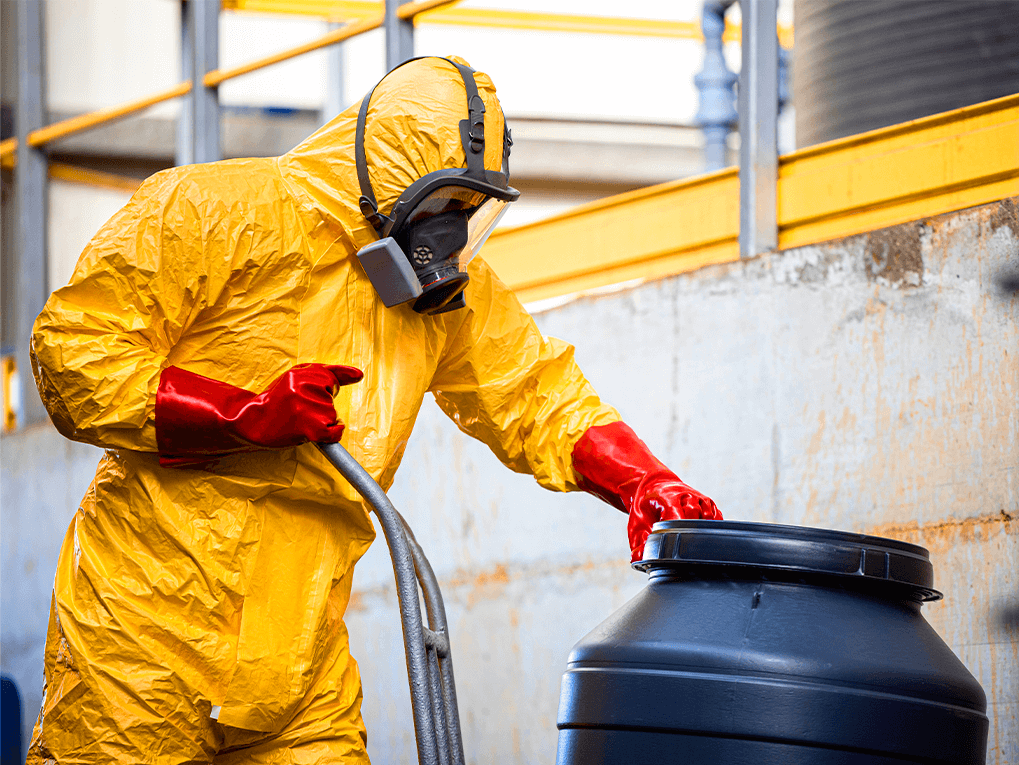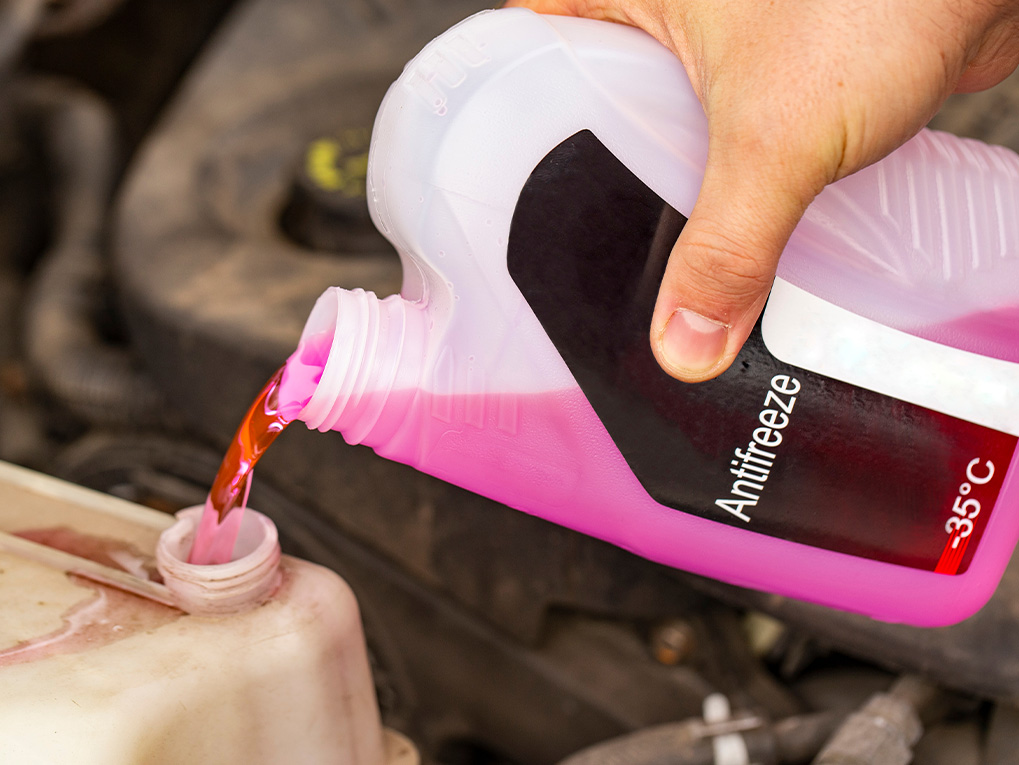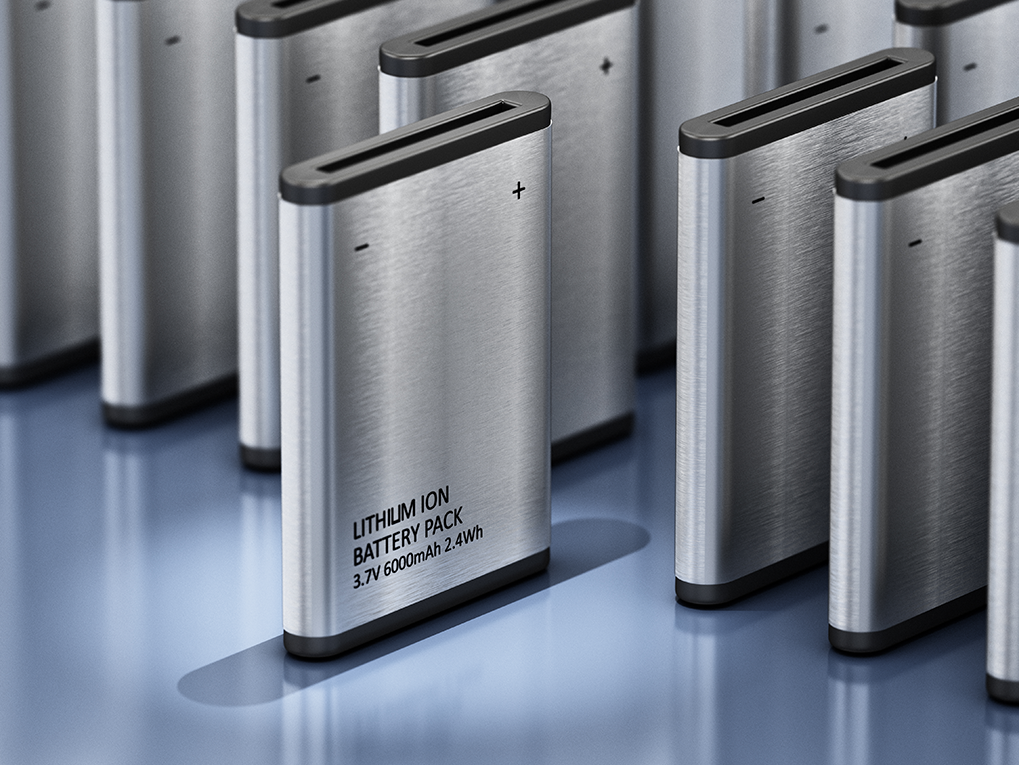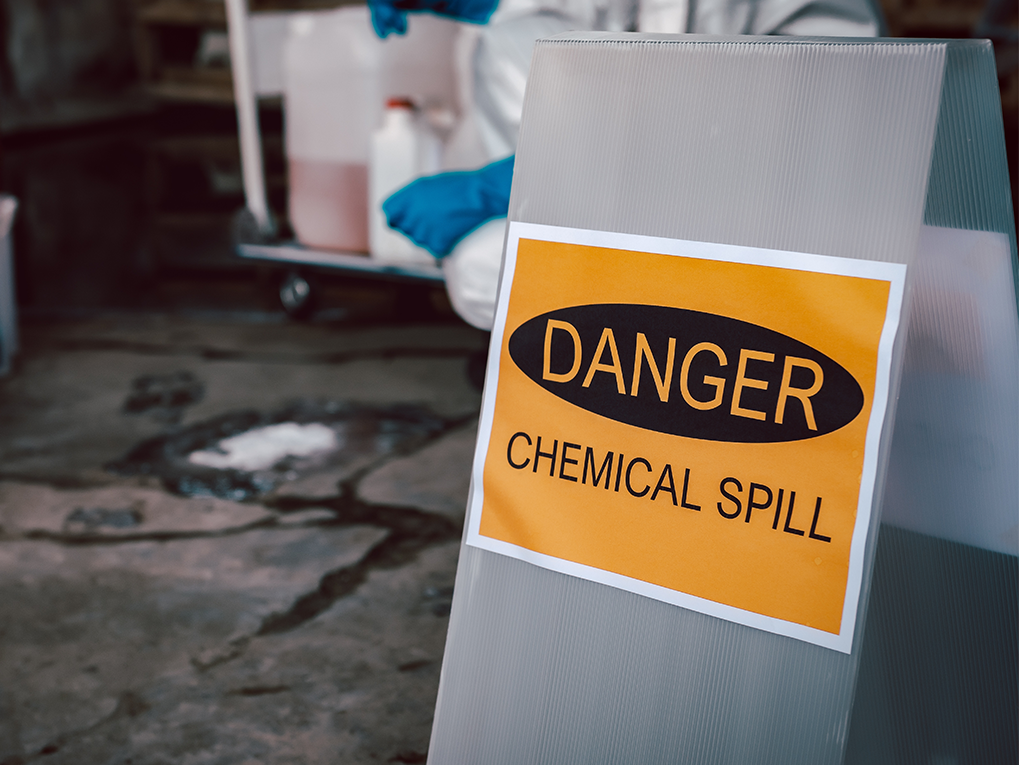Navigating hazardous waste disposal is crucial for anyone serious about health and the environment. Proper handling, storage, and disposal are not just rules to follow—they’re our best defence against environmental harm and health hazards.
This guide provides a detailed roadmap for identifying hazardous waste, understanding the necessary steps for safe disposal, and ensuring compliance with relevant regulations. We explore the essential practices for responsible waste management, contributing to a safer and cleaner world.
Is Your Waste Hazardous?

Before you jump into disposing of your hazardous waste, you need to make sure it is, in fact, hazardous. Hazardous waste includes materials that are harmful to human health or the environment. This can range from batteries and electronics to chemical waste, pesticides, oils, and more.
To identify hazardous waste, you can look at the waste classification code, container labels or manufacturing safety data sheets to learn more about the waste in question. We dive into the ins and outs of identifying hazardous waste in this article.
You can also hire an expert to conduct a chemical and physical analysis of your hazardous waste. They can advise you on the best way to approach the hazardous waste regulations for your specific type of waste. For example, Hazport’s mobile chemist service identifies, classifies and packs chemical waste.
#1 Identify and Categorise Your Hazardous Waste

Once you have identified that you have hazardous waste, the next step is to categorise it accurately. This process involves assigning a waste classification code to ensure the waste is handled and disposed of correctly.
There are four main types of hazardous waste: universal, mixed, chemical, and listed. These categories cover a wide range of materials, like liquid waste, chemical waste, ozone-depleting substances, lead acid batteries, asbestos chemicals, and fluorescent tubes, among others.
#2 Collect and Store Hazardous Waste Securely
Collecting and storing hazardous waste safely prevents accidental harm to humans and the environment. Hazardous waste containers are designed to store waste securely and must be labelled correctly to identify the contents. It’s crucial not to mix hazardous waste with ordinary waste or other hazardous materials, as this can lead to dangerous chemical reactions.
Certain types of waste, such as paint tins, cleaning products, and other materials, require specific storage conditions. For example, paint tins must be stored in a cool, dry place away from direct sunlight and heat sources, with tightly sealed lids to prevent leaks and minimise fire risk.
#3 Hire Waste Management Experts
 Waste management experts like Hazport make sure your hazardous waste is disposed of correctly. Our professional hazardous waste collection and disposal services are equipped to handle various waste types, offering solutions that include recycling, treatment, and disposal at licensed waste sites.
Waste management experts like Hazport make sure your hazardous waste is disposed of correctly. Our professional hazardous waste collection and disposal services are equipped to handle various waste types, offering solutions that include recycling, treatment, and disposal at licensed waste sites.
Our expertise extends to providing cost-effective, compliant management options, including waste analysis and packaging. This ensures businesses adhere to hazardous waste regulations and significantly reduce their environmental footprint.
We are experts on all things hazardous waste management and can advise on environmentally friendly disposal options. With a professional disposal service, you don’t have to worry about hazardous waste regulations and the environmental impact. We take care of it all so you can focus on other aspects of your business.
#4 File and Keep Your Records of Disposal and Collection
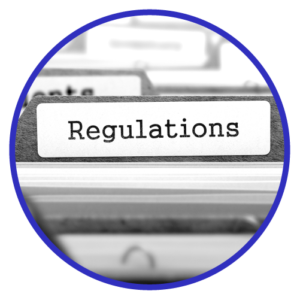
Under the UK’s hazardous waste regulations, you must maintain accurate records of hazardous waste disposal and collection. These records should include details about the waste classification code, the quantity of waste, the disposal method, and the company that collected or disposed of the waste. Keeping these records helps monitor and manage hazardous waste safely. It is also important for regulatory compliance and audits by the Environment Agency or other regulatory bodies.
Can I Recycle Hazardous Waste?
Recycling hazardous waste is a critical component of sustainable waste management, offering a pathway to repurpose materials that would otherwise harm the environment. Key examples include electrical waste, fluorescent tubes, gas canisters, batteries, used oils, and specific types of paint, all of which can be recycled through specialised processes. Substances like certain garden chemicals and asbestos require careful disposal due to their inherent risks.
However, not all recycling centres accept hazardous waste. The initiative to recycle hazardous materials conserves resources and emphasises the importance of following strict regulations and procedures to ensure environmental safety. Through responsible management and recycling practices, hazardous waste can be transformed from a potential environmental threat into valuable resources.
We explore the topic of recycling hazardous waste further in this blog post.
What Happens if I Dispose of Hazardous Waste Improperly?

Improper disposal of hazardous waste can have severe consequences for the environment and human health. It can lead to pollution of water sources, soil contamination, and harm to wildlife.
Additionally, businesses found to be non-compliant with hazardous waste regulations can face significant fines, legal penalties, and damage to their reputation. It is crucial to follow the correct procedures for hazardous waste disposal to avoid these risks and contribute to a safer, cleaner environment.
Proper Hazardous Waste Disposal Is Important
Proper disposal of hazardous waste is not just a legal obligation but a moral one, ensuring the safety of our environment and the health of future generations. Businesses can navigate the complexities of hazardous waste disposal by identifying and categorising hazardous waste, collecting and storing it securely, hiring waste management experts, and keeping accurate records. Remember, improper disposal can cause serious harm, so adherence to guidelines and regulations is paramount.
Need Help Safely Disposing of Your Hazardous Waste?
Hazport offers cost-effective and compliant hazardous waste solutions that help you dispose of your waste correctly.
From chemical to automotive waste, we help businesses with hazardous waste management and disposal in compliance with environmental legislation.
We even offer a mobile chemist service to identify, classify and pack chemical waste for your business.

